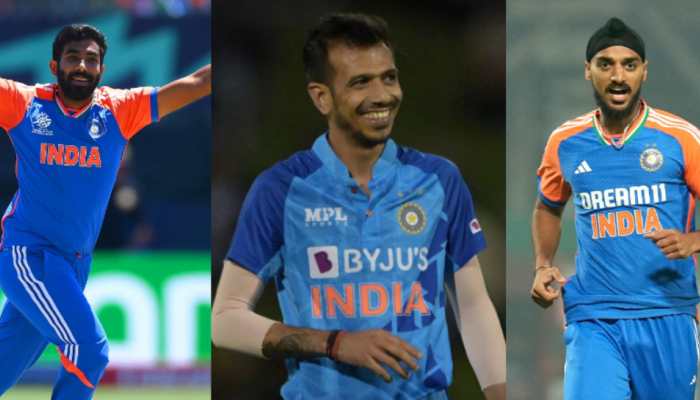If triple talaq has Sharia's approval, why have THESE Islamic countries banned it? (See list)
The All India Muslim Personal Law Board, a non-governmental body which oversees the application of Muslim personal law, opposes any ban on triple talaq and polygamy.
Trending Photos
) Representational image
Representational image New Delhi: At a time when Muslim women have come out in the open to oppose `triple talaq` despite the adamant stand of the clergy, the reality is that the practice is banned in more than 20 Islamic countries.
For the first time in India’s constitutional history, the Narendra Modi government had on October 07, 2016, opposed in the Supreme Court the practice of triple talaq, ‘nikah halala’ and polygamy among Muslims and favoured a relook on grounds of gender equality and secularism.
The debate has been raging since then.
Most of the 170 million Muslims in India are Sunnis governed by Muslim Personal Law for family matters and disputes. Those laws include allowing men to divorce their wives by simply uttering the word "talaq”, or divorce, thrice — and not necessarily consecutively, but at any time, and by any medium including telephone, text message or social media post.
Some women are fed up with what they say is an archaic and patriarchal rule that too often leaves them destitute.
Muslim women do not have the same right, and those left by their husbands have no claim to alimony though they can collect a small payment for three months after divorce.
The practice of `triple talaq` has been banned in 22 Muslim countries. Here is the list:
- Pakistan
- Bangladesh
- Egypt
- Tunisia
- Sri Lanka
- Turkey
- Indonesia
- Iraq
- Cyprus
- Algeria
- Malaysian state of Sarawak
- Iran
- Sudan
- Jordan
- United Arab Emirates
- Qatar
- Syria
- Morocco
- Brunei
- Saudi Arabia
- Kuwait
- Yemen
The Indian Constitution allows most religions, including Muslims - the biggest religious minority group - to regulate matters such as marriage, divorce and inheritance through their own civil code.
The All India Muslim Personal Law Board, a non-governmental body which oversees the application of Muslim personal law, opposes any ban on triple talaq and polygamy.
(With Agency inputs)
Stay informed on all the latest news, real-time breaking news updates, and follow all the important headlines in india news and world News on Zee News.
Live Tv







)
)
)
)
)
)
)
)
)
)
